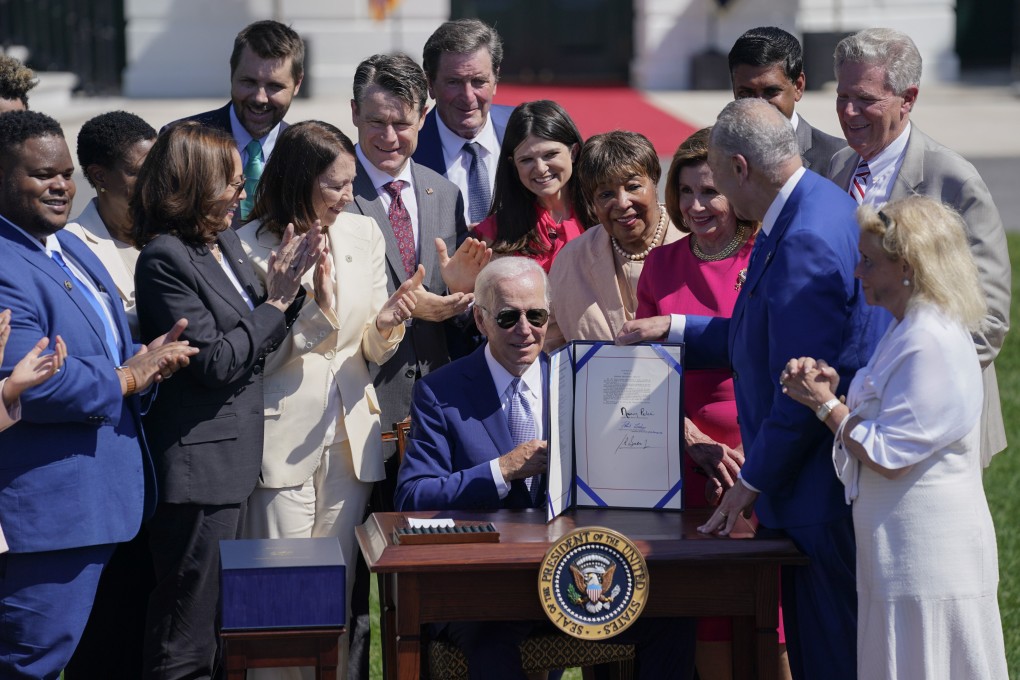The View | The US-China tech race is really a chip talent war and America isn’t winning
- However hard the Biden administration tries to counter Chinese chip manufacturing, there is a key factor it fails to take into account: talent flow
- The US can ban the sale of technology to China. But it cannot stem the flow of global, including US-trained, tech talent to China

SMIC’s advance in production technology now puts it on a par with the US’ Intel, and only one generation behind the world’s most advanced chips in mass production, the 5nm generation produced by Taiwan Semiconductor Manufacturing Company (TSMC). Leaving aside the US’ robust economic alliance with Taiwan and South Korea, American and Chinese chip capabilities are roughly on an equal footing.
China’s stealth breakthrough has made a mockery of two US administrations’ efforts to restrict technology exports to China by the world’s leading manufacturers. The Biden administration’s whole-of-government approach is intended to stifle China’s ambition to move below 10nm technology. Clearly, it has failed.
However hard the Biden administration tries to counter Chinese chip manufacturing, there is a fatal flaw in its logic, and a critical factor it fails to take into account: talent flow.
The US can ban the sale of technology, equipment or other tangible products to China. But it cannot stem the free flow of global tech talent from the world to China.
